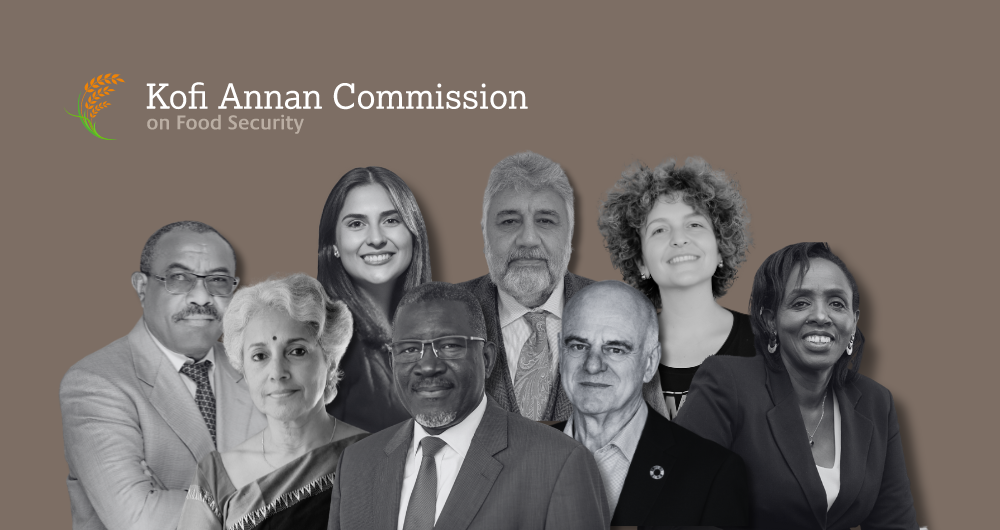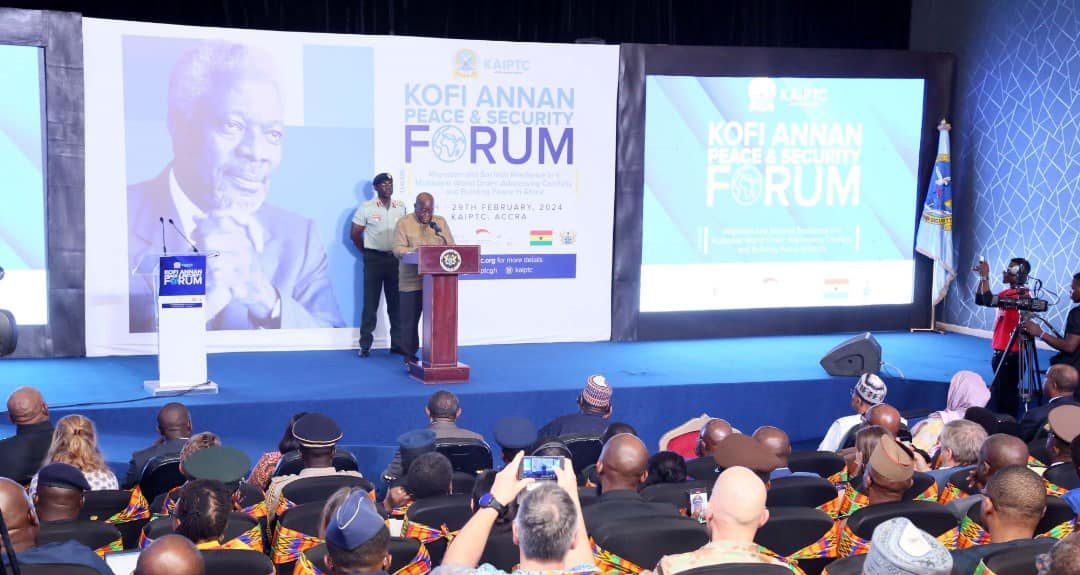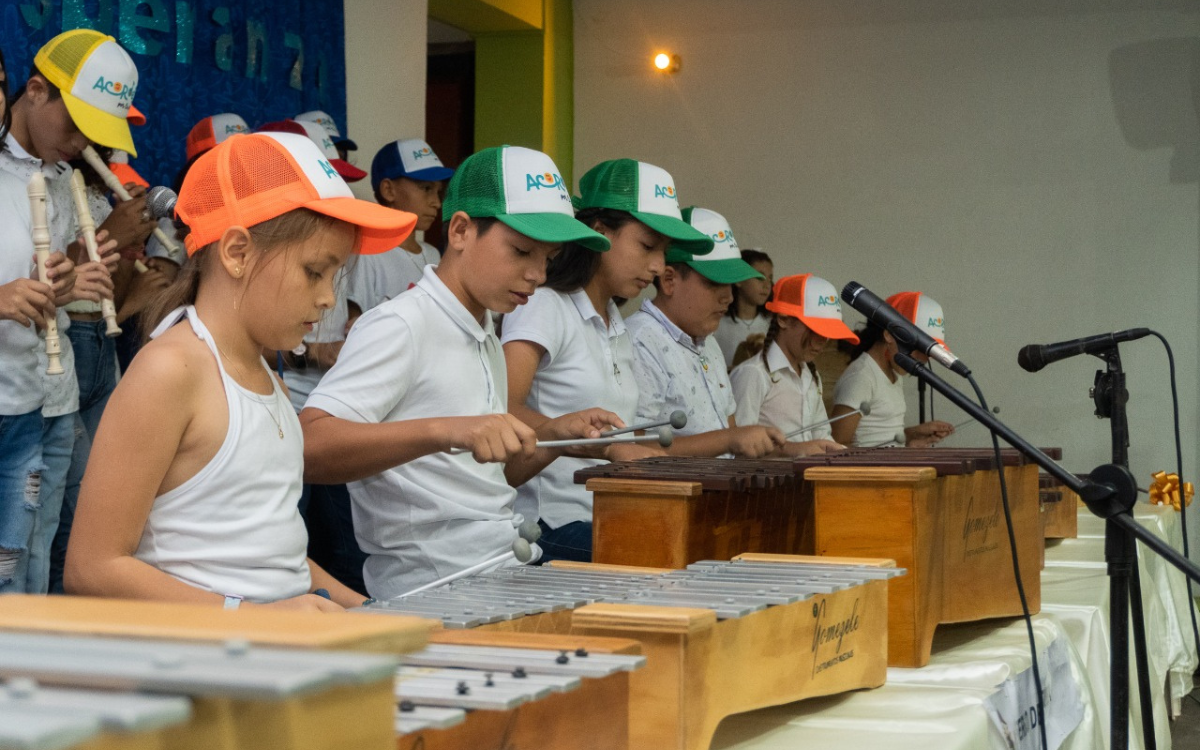Elections should deliver on hopes and aspirations of Kenyans
Tomorrow, Kenyans will vote in much anticipated and historic elections. Through these elections, the first to be held under a new Constitution, voters will exercise their sovereign right to choose their next president, as well as local and regional leaders. Never before will the Kenyan people have a greater say in how their country is run.
Tomorrow, Kenyans will vote in much anticipated and historic elections.
Through these elections, the first to be held under a new Constitution, voters will exercise their sovereign right to choose their next president, as well as local and regional leaders.
Never before will the Kenyan people have a greater say in how their country is run.
These will be the most ambitious elections held in Kenya and take place at a critical juncture in the country’s history.
As Kenya prepares to go to the polls, we should recall the remarkable progress made over the last few years.
After one of the darkest episodes in the country’s recent history, following the 2007 elections, Kenya is once again on a positive trajectory.
Kenyans are working to heal deep wounds, to forge national cohesion and unity, and to build an institutional framework to safeguard their nation’s future.
Over the course of five years, the foundations for sustainable peace, stability and justice through the rule of law and respect for human rights, are gradually being strengthened.
Kenya now has one of the most progressive constitutions on the African continent, with guarantees to promote and protect the social, economic and political rights of all citizens.
Public institutions have begun important reforms.
The Judiciary now enjoys the confidence and trust of the Kenyan people and stands as a key pillar in this transformative process. The Judiciary must be allowed to fulfil the role envisaged for it under the Constitution.
Kenyans have worked hard for these changes, and embraced the opportunity to build a more equitable, stable and prosperous nation.
None of these achievements would have been possible without the determination of all Kenyans to engage in serious reforms — from politicians and public officials, to the business community, religious leaders, civil society organisations, women’s groups and the media.
These efforts are yielding results. The economy is showing sustained growth with the potential to attract productive investment and create decent jobs and opportunities for all.
The successful conduct of the election is critical to determining whether Kenya can maintain this positive momentum and achieve its potential.
The elections must be peaceful, free and fair. They must be conducted in accordance with the rule of law. They must be carried out with integrity, and must reflect the will of the people. Only then will national unity, stability and cohesion be safeguarded.
Yet, intimidation, electoral violence and ethnic rivalry have the potential to undermine and jeopardise the whole process.
Kenyans remember the terrible consequences of the post-election violence in 2008. The country stood on the precipice of self-destruction.
And that is why recent violent events and increasing tensions in the run-up to the elections are deeply worrying.
Kenya cannot risk a return to those dark days.
I urge all Kenyans to take the necessary steps to ensure that violence and hatred play no part in these elections.
Critical role
The police service, which has begun a long overdue process of reform, has a critical role to play to ensure safety and security.
I welcome the commitment of all presidential candidates to campaign peacefully, and ensure free and fair elections.
Political, religious and community leaders also must condemn any action or language aimed at dividing or inciting the people.
Whilst it is the duty of the Independent Electoral and Boundaries Commission to safeguard the integrity of these elections, it is the responsibility of everyone — political leaders, their parties, the security services and the media, and the Kenyan people — to ensure that the elections are conducted in a safe and peaceful manner.
The results of the elections – freely and fairly arrived at – must be respected, and if disputes arise, they must be settled through the appropriate judicial mechanisms.
Elections are not a winner-take-all political competition in which unsuccessful candidates and their supporters are marginalised. On the contrary, elections with integrity confer legitimacy on the winner and security for the loser.
When conducted with integrity, electoral processes are at the heart of a democracy’s ability to resolve conflict non-violently.
It is important that all Kenyans have trust and confidence that the next Government will serve in everyone’s interests.
My fellow Panel members, Benjamin Mkapa and Graça Machel, and I are convinced that Kenyans want peace and stability, and that the forthcoming elections should deliver on their hopes and aspirations.
Kenya and its people deserve no less.
For media inquiries please contact:
Declan O’Brien
Main: +42 22 919 75 57
E-mail: obrien@kofiannanfoundation.org



